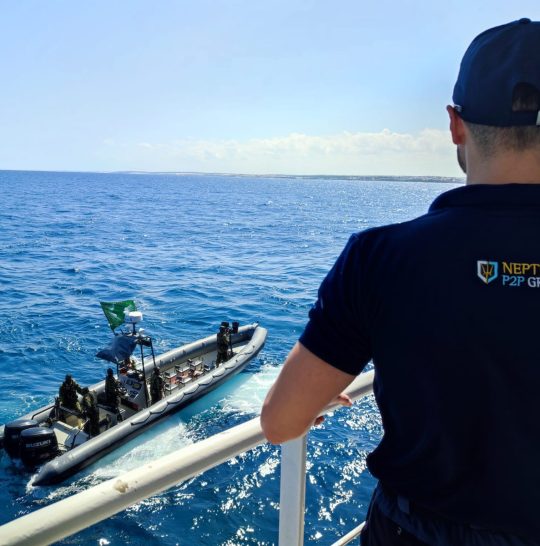
Some jobs take people far from home. They go to places that can be unstable or unsafe. A sudden change in the local situation can be scary. How do you get ready for that? A hostile environments and awareness training course gives you the skills and confidence to handle these difficult settings.
Knowing the situation:
The first step is learning to read your surroundings. This training teaches you how to spot early signs of trouble. You learn to notice changes in the local atmosphere. This awareness helps you make good decisions before a problem gets worse.
Personal security basics:
You will learn simple, effective ways to stay safe. This includes how to move in a way that does not draw attention. The course covers how to set up a secure routine at your home and workplace. These basic habits form a strong shield for your daily life.
Dealing with checkpoints:
Checkpoints are common in unstable areas. The course shows you how to act at these points. You learn what to say and what to do. Staying calm and being respectful can help you pass through smoothly and avoid conflict.
Handling a kidnap attempt:
This is a scary thought, but the training prepares you for it. You learn practical steps to try and avoid being taken. If a situation happens, the course teaches you how to behave. This knowledge takes away some of the fear and gives you a plan.
First aid when it counts:
In a remote place, help might be far away. This training gives you vital first aid skills. You learn how to stop heavy bleeding and treat serious injuries. Knowing you can help yourself or a friend is very empowering.
Staying strong in your mind:
Tough places can be hard on your mind. The course talks about mental strength. It gives you tools to manage stress and fear. Learning to stay focused and positive is just as important as the physical safety skills.
This training does not promise no danger. Instead, it gives you a powerful toolkit. You leave feeling prepared, not scared, and ready to work in parts of the world that want your help the most.